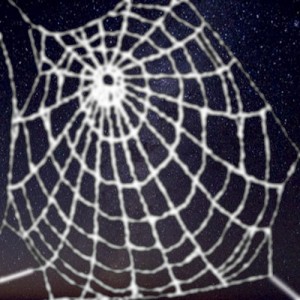First, an interesting article from the Hankyoreh titled Writing during dark ages of Japanese occupation reexplored. The article is concerned with, “Works considered “pro-collaborationist” (being) reexamined for themes of opposition to Japanese rule.” This is an interesting topic (See Yi Kwangsu on KTLIT here and here, and at the Gypsy Scholar here and here ) and I suspect the Hankyoreh is interested in it for partly ideological reasons, although I can’t tell if those would be nationalist or leftist (or both) in origin (readers?).
The book under review is by Professor of the Seoul National University Department of Korean Literature, and
Bang wished to reevaluate authors like Lee Hyo-seok, Chae Man-sik, Lee Tae-jun, and Park Tae-won, who were forced to write “pro-Japanese” work due to intimidation and cajoling from authorities. Bang argues that while these writers did address themes in line with Japanese propaganda in novels written in Korean and Japanese, including the “oneness of Korea and Japan” and “greater East Asian co-prosperity,” they also presented criticisms and opposition to Japanese rule through rhetorical devices, disguise, and analogy in their more personal short fiction.
though I instinctively get suspicious whenever I read this kind of theoretical ass-covering^^:
Bang says that “Blade of Glass” and other works of “personal fiction” by Lee Hyo-seok “may not present a direct and explicit refusal of the system, but they maintain a position of clear repudiation of a situation in which the discourse of politicism runs rampant through wartime policies and mobilization and national literature.
Second, I found this very interesting – A course from USC in Korean Literature in Translation. I partly found it interesting because I taught a very similar course in our Ph.D. program last year, to our translation students, and it was an amazing class to teach. For our students it was an attempt to get them to see how western conceptions of literature, publishing, and reading influenced interpretations of translated works that the interpreters often saw differently, or had attempted to translate with a different effect in mind. I think I’ll have to contact professor Jeeyoung Shin and see if I can get my hands on a syllabus.
To round up, a fairly conventional article in the JoongAng Daily, titled A better chance for Korean literature (Link killed by link-rot), but one that does a nice nutshell version of outlining the history of Korean translation into foreign countries (bonus surprise info, the first translation was into French, and done by an assassin!). This was published in concordance with the recent KLTI conference, and mentions a few things related to that event.



